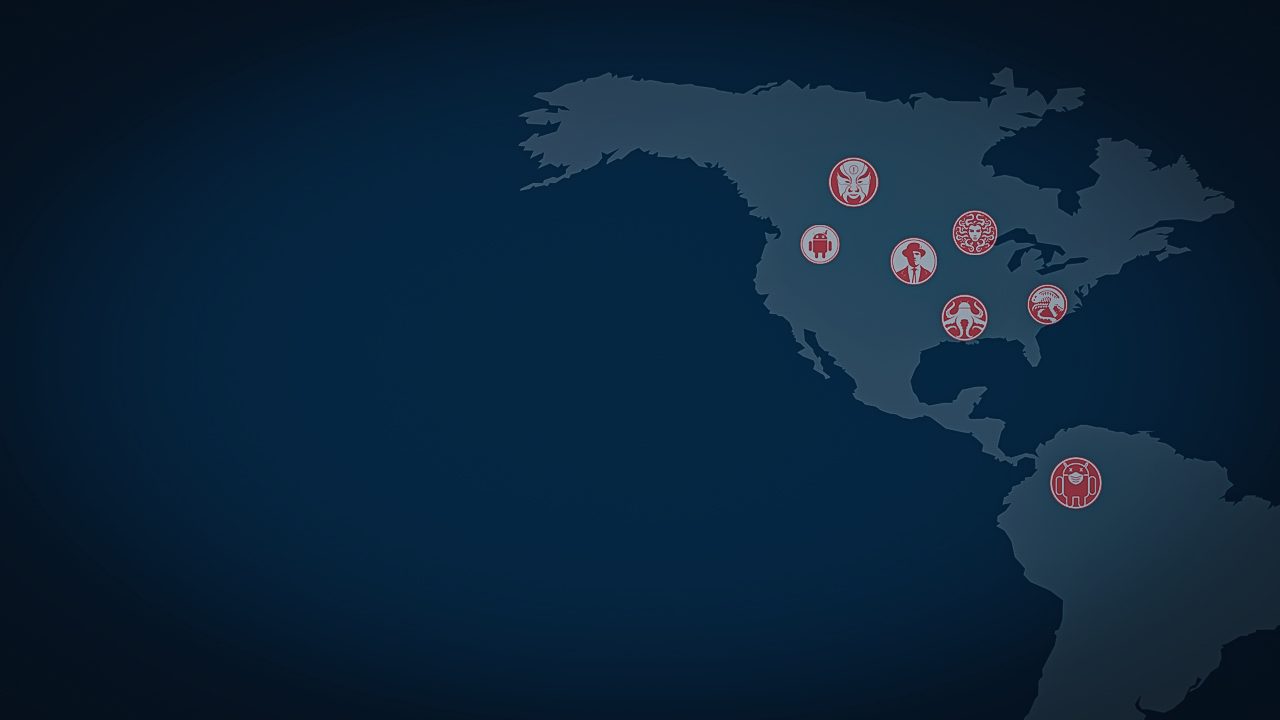Gen Z Must Navigate the Nuances of Artificial Intelligence
As the first true digital natives, members of Generation Z find themselves at the intersection of technology and ethics, particularly regarding artificial intelligence (AI). In an era where the internet has fundamentally reshaped our perceptions and opinions, we must strive to cultivate nuanced views that extend beyond surface-level affirmations or objections. It’s essential to recognize that the digital age offers us not just tools but also profound responsibilities.
Over a month ago, I delved into how hyper-advanced technologies often fail to deliver the promised outcomes. My views on AI resonate similarly—whether it’s generative text bots challenging the essence of intellectual property or systems that can undermine personal privacy through disinformation and surveillance, the stakes are high. All these aspects demand that we approach AI with a critical yet informed perspective.
Despite the pressing concerns surrounding AI’s ethical implications, my day-to-day experiences reveal a less dramatic picture. Most of my encounters with AI involve mundane tasks—sorting key performance indicators or analyzing writing styles. It feels as though we’re balancing on the edge of what I dare to call the “AI Rubicon.” Although we inch closer to the tipping point, many tasks remain distinctly human in their nature. Certain industries may benefit—like editorial processes in journalism that aim to increase efficiency, but at the same time, I can’t help but notice the precarious nature of funding for newsrooms. As they pivot towards automation, many writing jobs might face uncertain futures.
The impact of AI on traditional journalism practices.
When I engage with discussions on AI, I mirror the sentiments of those who advocate for a slippery slope perspective. I might not need to grasp the intricacies of how a large language model (LLM) functions to intuitively sense that my creative and journalistic roles stand on shaky ground. The slow erosion of job responsibilities—inevitably replaced by AI capabilities—becomes ever more apparent when I consider my reliance on technology that fits in my pocket.
This sentiment isn’t restricted to my generation; my peers, including Millennials, should adopt a more informed stance toward AI. The impulse to react in defense of technological advancements, reminiscent of the skepticism faced during the rise of the internet, can be detrimental. Today, not a single profession seems impervious to the encroachment of AI, revealing a pressing need for awareness and adaptability.
The prevailing culture of productivity plays a crucial role in the AI conversation. Sure, there are undeniable advantages to using AI for tasks previously performed by humans—time-saving, cost-effective, and often streamlined. However, I posit that hiring a skilled professional—for instance, an artist, coder, or strategist—could yield considerably more satisfying and meaningful outcomes. Human creativity surpasses the mechanical outcomes generated by AI.
“People can understand nuance, and they can learn and grow and offer feedback, not a binary answer.”
In moments of collaborative dialogue, humans can pick up on subtle cues—like tone and emotional undertones—that AI simply cannot comprehend. It’s this capacity for genuine engagement that sets humans apart. In exploring the future, we find ourselves not just grappling with the implications of AI but also navigating the complexities of how to harness its potential responsibly.
Exploring the balance between AI and human creativity.
The focus of our efforts must shift from mere usage of AI to ethical integration. We ought not to fear the opportunities presented by artificial intelligence but instead grapple with the moral and philosophical implications of its application. The true frontier lies not within the realms of artificiality but in understanding how to responsibly deploy these technologies in ways that enhance rather than erase human experience.
Thus, as we engage with AI, we do so with an understanding that it’s not a replacement but rather a tool. We stand at the brink of transformative possibilities—if only we approach such advancements with a commitment to retaining human insight, creativity, and empathy.
In conclusion, it’s time for Gen Z to champion a more nuanced understanding of AI, to resist the urge to oversimplify an inherently complex issue. Instead of viewing AI as a mere instrument for efficiency, let us recognize its challenges and develop multi-faceted perspectives that explore the depths of its impact on creativity and employment.


 Photo by
Photo by 










